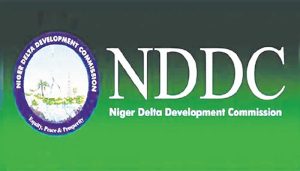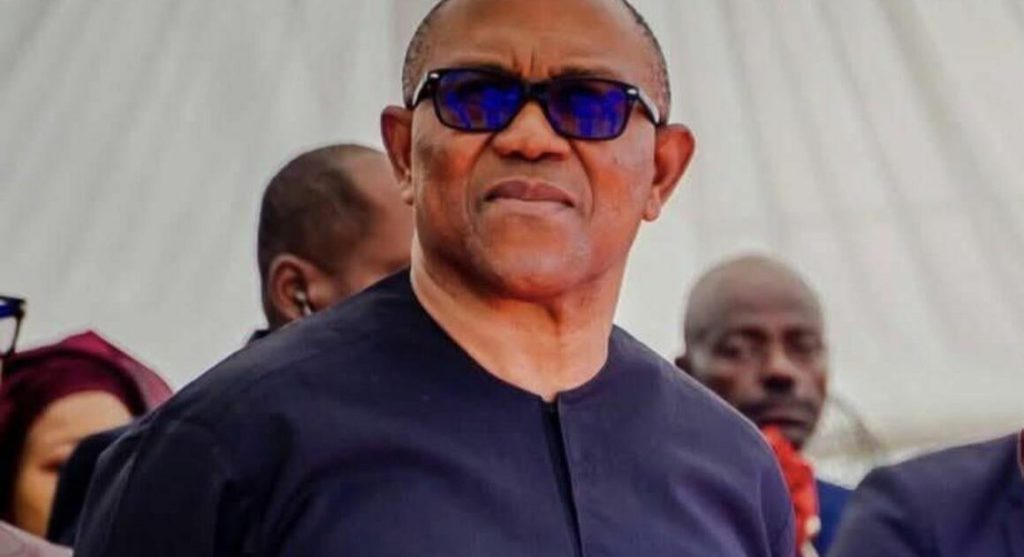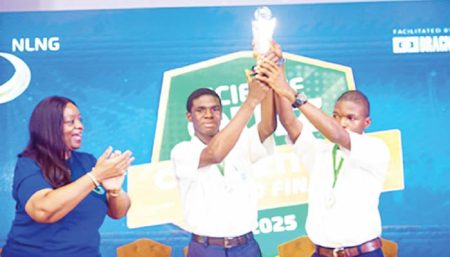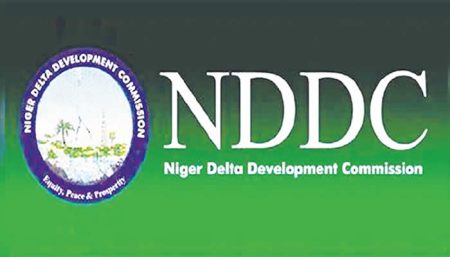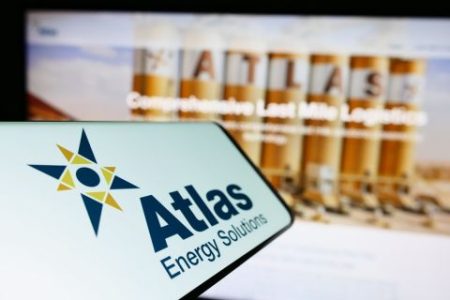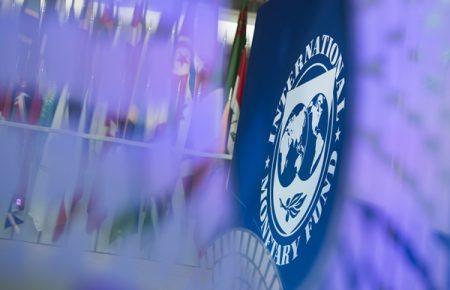The Nigerian political landscape is bracing for another potentially transformative shift as prominent opposition figures coalesce under a new banner, the African Democratic Congress (ADC), with the stated aim of unseating President Bola Tinubu in the 2027 general elections. Peter Obi, the Labour Party’s presidential candidate in the closely contested 2023 election, has emerged as a key figure in this coalition, reaffirming his support for the ADC platform and emphasizing the shared commitment to providing competent and compassionate leadership for Nigeria. This strategic realignment underscores a growing recognition among opposition leaders that a united front is essential to challenge the incumbent power structure and address the multifaceted challenges facing the nation.
The decision to adopt the ADC as the coalition’s platform was not taken lightly, according to Obi. He described it as the culmination of “deep reflection” on Nigeria’s current state, marked by persistent poverty, insecurity, and a perceived lack of effective governance. The coalition perceives an urgent need for a new direction, one that prioritizes the welfare of Nigerians and offers a viable alternative to the current administration. This sense of urgency has spurred the diverse group of political actors, including former Vice President Atiku Abubakar, to set aside past differences and unite under a common cause.
Obi’s emphasis on collaboration reflects the understanding that a fragmented opposition stands little chance of achieving meaningful change. He stressed that “no one group can change Nigeria alone,” highlighting the necessity of building bridges and fostering unity, even when it involves navigating complex relationships and overcoming past rivalries. The coalition’s formation signifies a recognition that the challenges facing Nigeria are too significant to be tackled by individual parties or personalities alone. Instead, it requires a collective effort, harnessing the diverse strengths and experiences of various political factions.
The unveiling of the ADC as the coalition’s chosen platform, with seasoned politicians like former Senate President David Mark and former Osun State Governor Rauf Aregbesola assuming leadership roles, signals a deliberate effort to build a credible and formidable opposition force. The choice of these experienced figures suggests a strategic move to leverage their political acumen and established networks in preparation for the 2027 electoral contest. This calculated move emphasizes the coalition’s intention to present a viable alternative to the current administration and offer a compelling vision for Nigeria’s future.
This nascent coalition faces a considerable task in challenging the incumbent president and his party machinery. The success of the ADC-led alliance hinges on its ability to maintain unity, effectively mobilize support across the country, and articulate a clear and compelling agenda that resonates with the electorate. Furthermore, the coalition will need to navigate the complex dynamics of Nigerian politics, including potential internal divisions and external pressures, to sustain its momentum and pose a genuine challenge to the ruling party.
The formation of this coalition represents a potentially significant development in Nigerian politics, offering a glimmer of hope for those seeking change and a more responsive government. However, the road ahead is fraught with challenges, and the coalition’s ultimate success will depend on its ability to translate its rhetoric into concrete action and demonstrate its commitment to the welfare of the Nigerian people. The 2027 elections are still some years away, but the groundwork being laid now will undoubtedly shape the political landscape and determine the direction of the nation for years to come.




